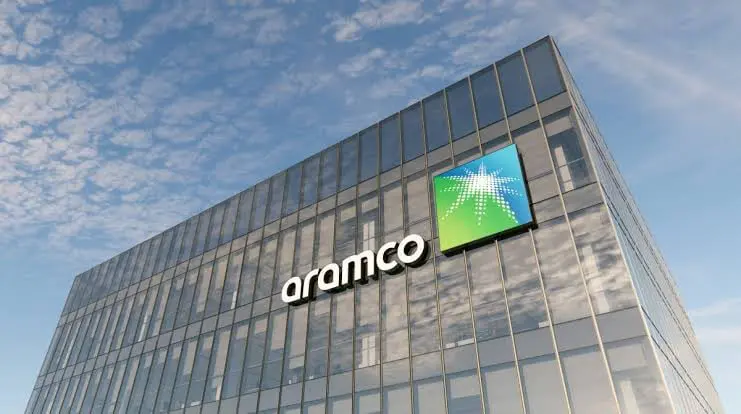Nigeria’s efforts to secure a record-breaking $5 billion oil-backed loan from Saudi oil giant Aramco are stalling, as falling crude prices raise concerns among potential banking partners. The unprecedented deal—poised to become Nigeria’s largest of its kind and a first for Aramco in the country—now faces significant uncertainty.
Sources reveal that initial discussions began in November 2024, when President Bola Tinubu met Saudi Crown Prince Mohammed bin Salman during the Saudi-African Summit. However, plummeting oil prices—down nearly 20% from January’s $82 per barrel to around $65—have cast doubt on the feasibility of the deal, making it harder for Nigeria to provide sufficient oil collateral.
The $5 billion facility is part of a broader $21.5 billion foreign borrowing strategy aimed at supporting Nigeria’s budget. If secured, the loan would require backing from at least 100,000 barrels of oil per day. Yet with existing commitments of 300,000 bpd for previous loans, and oil production falling short of targets, fulfilling these obligations has become more complex.
Nigeria’s crude output in April was just under 1.5 million barrels per day—well below the 2 million bpd target set in the national budget. As oil prices decline, repaying oil-backed loans becomes more time-consuming, and additional crude must be allocated to joint-venture partners to cover operational costs.
Several unnamed Gulf and African banks have shown reluctance to support the loan due to delivery concerns. Meanwhile, Nigerian trading firm Oando is expected to oversee the physical offtake of oil cargoes for the agreement.
To ease these challenges, President Tinubu has issued an executive order aimed at reducing production costs. However, until oil prices rebound and output improves, the ambitious deal remains in limbo.

